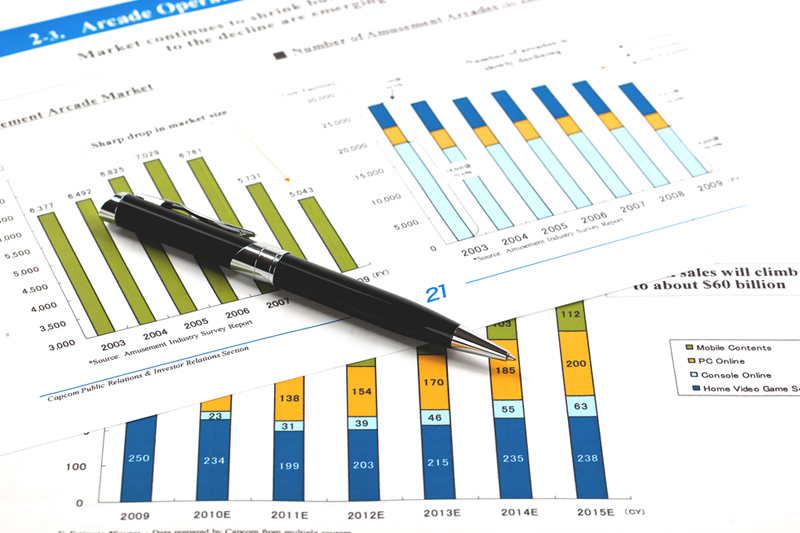By Jamie McGeever
ORLANDO, Florida (Reuters) -President-elect Donald Trump’s latest threat to slap huge tariffs on countries that try to move away from the “mighty U.S. dollar” inadvertently highlights the intractable contradiction at the heart of U.S. trade and economic policy.
Trump has repeatedly stated that he wants to boost U.S. competitiveness and reduce its yawning trade deficit, which he blames on other countries’ unfair economic practices. But how can he do that while simultaneously preserving the dollar’s strength and unrivaled status as the world’s reserve currency, which has for decades helped fuel American consumers’ purchasing power?
His “America First” goals of expanding domestic energy production and deepening the country’s status as the world’s leading tech hub could, all else being equal, lead to an appreciating exchange rate. But this would be at odds with his other “America First” goal: boosting U.S. manufacturing.
This isn’t a partisan conundrum. President Joe Biden has spent trillions of dollars over the last four years in an effort to boost U.S. manufacturing, green energy production, and other key sectors. Meanwhile, the greenback has continued to strengthen, which hasn’t made U.S. exports more attractive. Vice President Kamala Harris would be facing the same dilemma had she won last month’s presidential election.
But it’s especially tricky for Trump, who has been more vocal in his criticism of countries like China, Mexico and Canada which run huge trade surpluses with the U.S., and more bombastic about his ability to fix those imbalances.
A weaker dollar and lower interest rates would be two of the most obvious tools to do that. But as he made clear in his social media post on Saturday, he also wants to protect the dollar’s global hegemony and preserve its relative value.
Something has to give.
‘DIAMETRICALLY OPPOSED’
The U.S. has run a trade deficit for nearly 50 years, consistently sucking in more imports than it exports. Manufacturing has been declining as a share of the economy for almost as long, notably since China was admitted into the World Trade Organization in 2001.
The U.S. trade deficit last year was around 3.0% of GDP, much smaller than the record 5.7% of GDP reached in the mid-2000s, but still large. And in nominal terms, which Trump focuses on more, it is an even bigger at $773 billion.
The deficit is consistent with the dollar’s status as the preeminent currency in global trade, financial market trading and international foreign exchange reserves. No other currency comes close to being as dominant, even as the dollar’s share of global FX reserves has eroded in recent years.
The trade deficit is offset by a surplus in the U.S. capital account, as China and others have plowed their surpluses back into U.S. bonds and stocks. If the trade deficit were reduced, so too would the capital account surplus and attendant demand for U.S. assets from abroad. All else being equal, this would put upward pressure on bond yields and interest rates.
Nodding to the symbiotic relationship between the U.S. trade deficit and capital account surplus, Michael Pettis, a senior fellow at Carnegie China, pointed out on the platform X on Saturday that the U.S. cannot simultaneously cut its trade deficit and increase the global dominance of the dollar, because these impose “diametrically opposed” conditions.
Rebalancing the global economy so that the U.S. runs smaller trade deficits and has a stronger manufacturing sector, while China and other large net exporters increase domestic consumption and cut their trade surpluses, would ultimately require major global FX adjustments.
And U.S. consumers might not be pleased with this outcome, having benefited enormously in recent decades as the trade deficit has sucked in cheap goods from abroad, from clothes to electrical appliances and everything in between.
“You are implicitly asking U.S. consumers to accept a loss of purchasing power and a willingness to pay more for imported goods in order to give support to the manufacturing sector,” says Joe Brusuelas, principal and chief economist at RSM.
That’s a tall ask. And given the role purchasing power played in the recent election, it’s likely one the president-elect won’t actually want to make.
(The opinions expressed here are those of the author, a columnist for Reuters.)
(By Jamie McGeever; Editing by Paul Simao)

